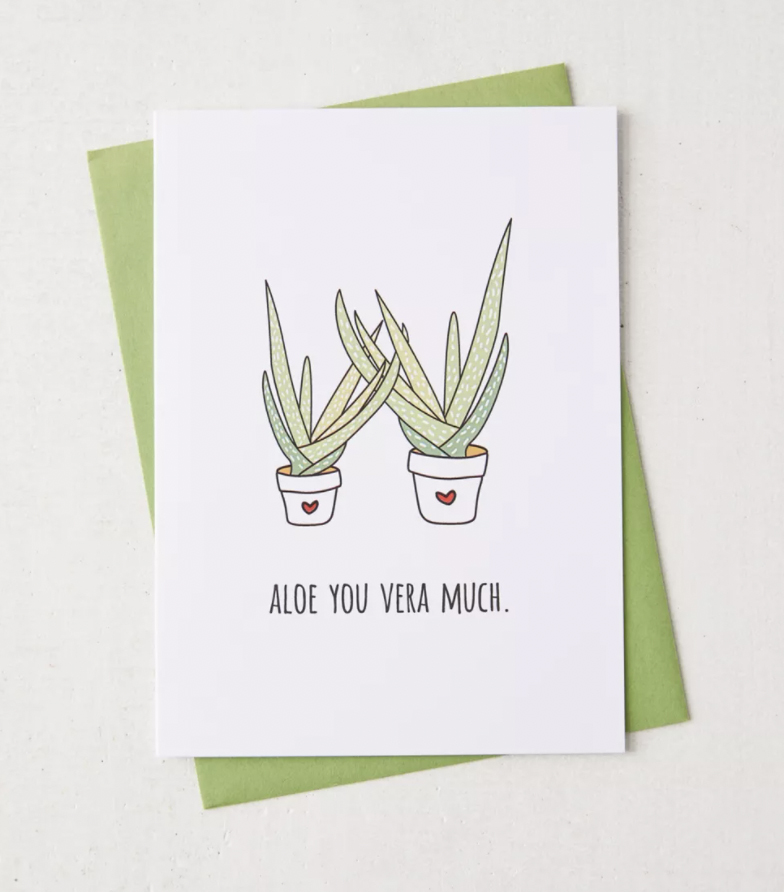8 Benefits of Gratitude and How to Practice It

By definition (according to Merriam-Webster), gratitude means "a feeling of appreciation or thanks" and "the state of being grateful." This state of mind is so beneficial to our lives—it has a deep effect on our mental health, overall well-being, relationships, and more. Who knew?
Andreas Michaelides, Ph.D., chief of psychology at Noom, says that there is a large body of empirical evidence that points to the importance of gratitude and the impact it has in our lives. He cites one study that found that assigning gratitude to unpleasant memories may help individuals process and bring emotional closure to these events. And he also states that practicing gratitude exercises has been proven to be effective for how people experience and evaluate their own lives. And lastly, he says that gratitude has been found to be uniquely important to psychological well-being, more than The Big 5 Facets (extraversion, agreeableness, openness, conscientiousness, and neuroticism).
Co-founder of Frame Sage Grazer, LCSW, adds that her definition of gratitude is intentionally taking notice of things you're grateful for and not fixating on the negative. "We actually evolved to place more emphasis on noticing the negative in our environment as a way to help us survive in a hostile landscape—having a keen eye and a focus on negative stimuli can help keep us safe from predators," she says. "On a primitive level, noticing the positive things in your environment doesn't serve survival like noticing the threats, but in a modern world, we have to counteract this instinct with an intentional approach to refocus on things that are neutral or positive. Ruminating on thoughts and sitting with emotions tends to foster the expansion of emotions of the same tone. Taking an intentional approach to gratitude can amplify positive emotions and experiences. Our energy moves towards whatever we focus our attention on."

That all sounds great for your overall health and well-being, but sometimes it can be hard to practice gratitude, especially if you're going through some hard times. It's natural and normal to not be able to experience gratitude all the time, and Grazer says it's okay to allow yourself to experience negative emotions without having to implement a positive and appreciative outlook all of the time. She suggests giving yourself the space to feel and experience those emotions and then shifting your attention to anything that you're grateful for. "You can do this in small steps. For some, that could look like noticing just one thing that you appreciate," she explains. "For others who are really struggling with finding the good, it can just be noticing things that 'aren't bad.' Also, it's okay to be hurting or unhappy and grateful at the same time. Just because you are grateful or experiencing some positive emotion doesn't nullify or invalidate your struggles. These experiences can coexist, and as you shift focus from one side to the other, you can allow your gratitude to expand."
And it's important to note that if you do choose to practice gratitude, it might not come to you easily nor will you see the benefits overnight. Laura Geftman, LCSW, a mental health consultant for Lina, says it's not magic. "It's an adjustment to your daily living that takes time and consistency. Incorporating this self-care practice into your life may create the positive change you've been looking for," she says.
But there are so many positive changes or benefits that you may encounter through gratitude. Take a look at some of them below.
Benefits of Gratitude
1. It Provides Positive Feelings
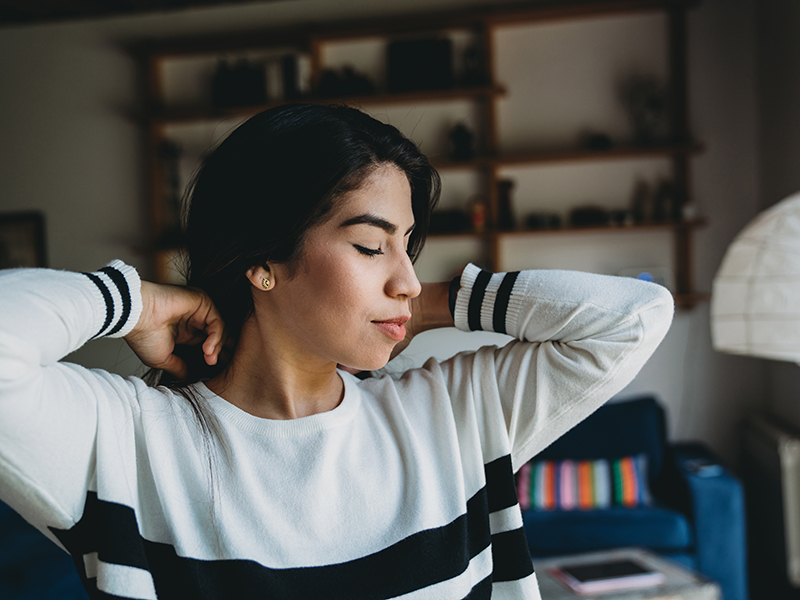
"The act of showing appreciation for what is valuable and meaningful to oneself and represents a general state of thankfulness and/or appreciation seems to create a positive shift in an individual's outlook and experience of their everyday life," Geftman says.
2. It Helps Strengthen Your Relationships

Michaelides says that gratitude can strengthen relationships by promoting relationship formation and maintenance as well as the perceived sense of support, help, and collaboration. It may also help foster connection and intimacy, Geftman adds.
3. It Has Physical Benefits
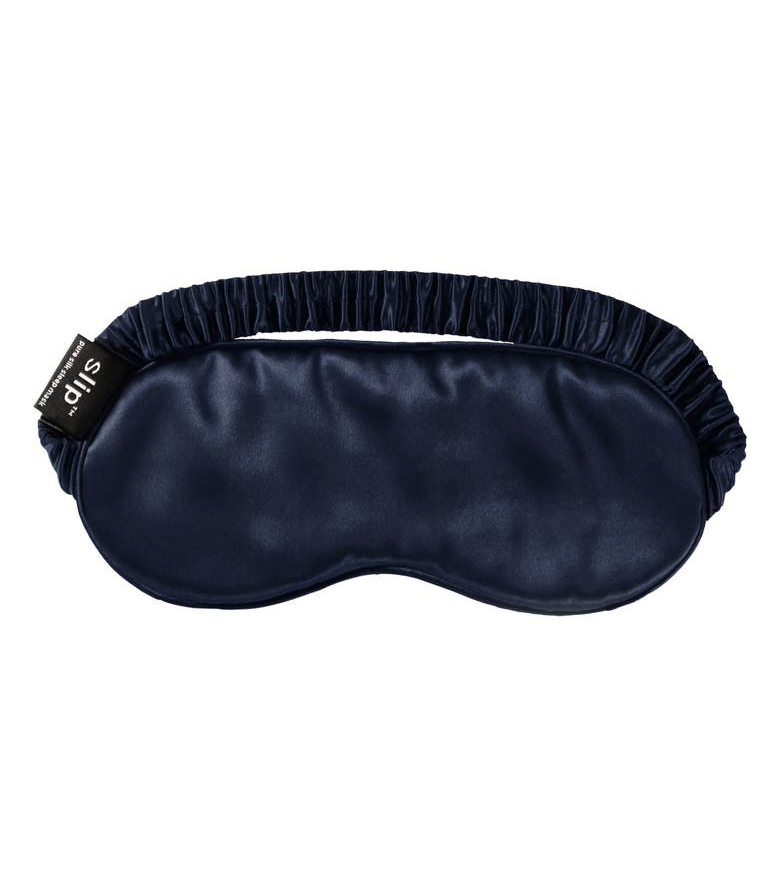
Gratitude might also help with a number of physical benefits. "Physically, grateful people experience more energy, healthier hearts, better sleep, and even increased longevity," Michaelides says.
4. It Helps You Take Care of Yourself
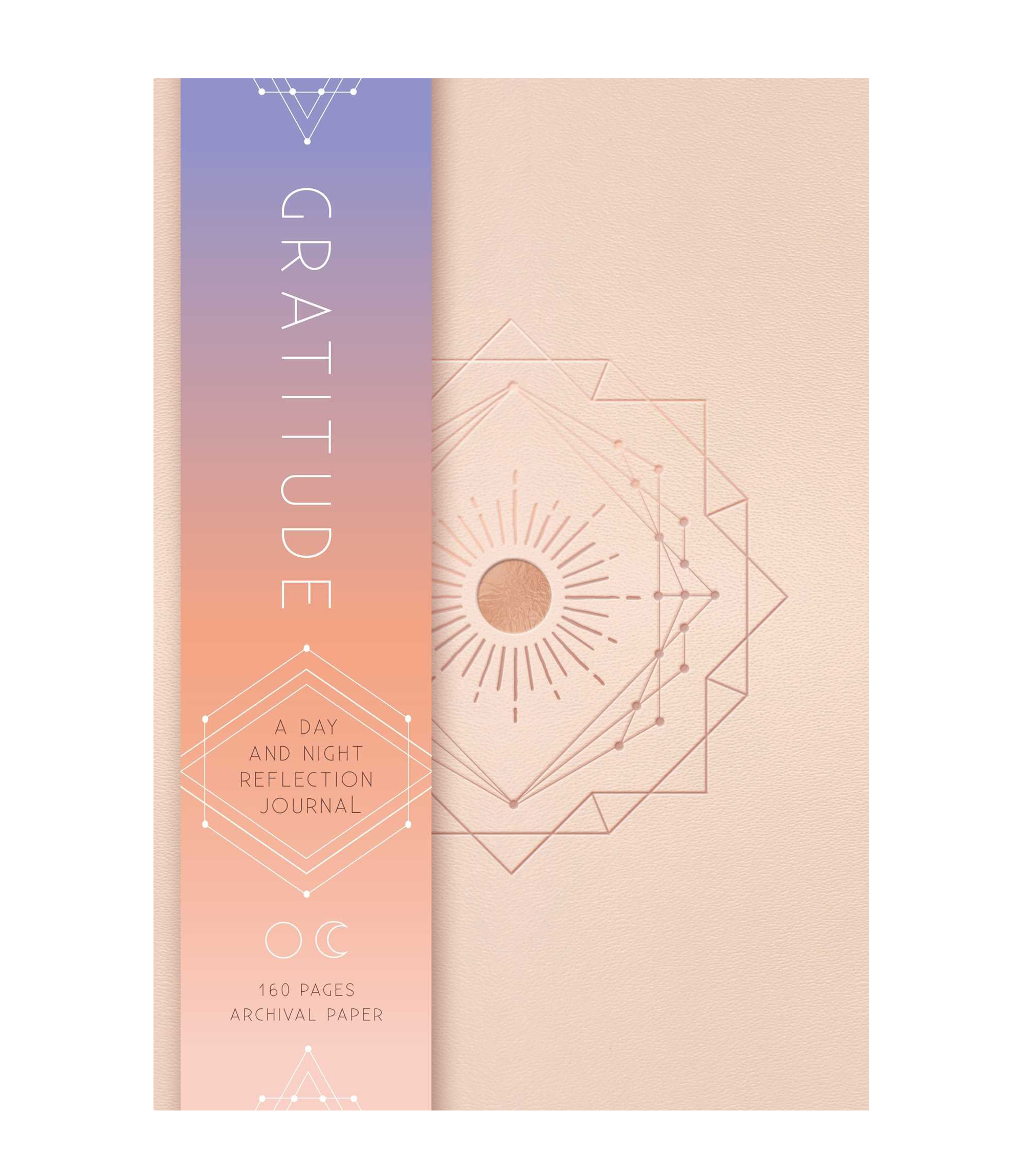
"Practicing gratitude allows for many to take responsibility for themselves," Geftman says. "Focusing on giving thanks may lend to increased self-care and decreased stress."
5. It Boosts Your Creativity

"The thinking behind this notion is that if you hold positive emotions, this will increase your cognitive ability to create," Geftman says.
6. It Leaves You More Alert

"Cognitively, it appears, grateful people are more alert, focused, creative in problem-solving, and appreciative of learning," Michaelides says.
7. It May Boost Immunity

"We've all heard the saying 'mind over matter.' As our minds and bodies are in constant communication, gratitude is thought to improve immunity," Geftman says. "Negative thinking can offset a body's hormonal balance."
8. It Can Improve Your Overall Well-Being

Gratitude can just help you overall. "[It] improves emotional regulation, increases feelings of happiness and positive mood, improves physical health, enhances empathy, improves self-esteem, improves friendships, reduces stress, and increases resilience," adds Frame therapist Amy Levin, MSW, Ph.D.
How to Practice Gratitude
And if you want in on some of these benefits, there are a few ways you can start practicing gratitude. It's not one-size-fits-all, and it's not limited to meditation, experience, or an event. Michaelides says some common misconceptions about the practice are that it takes a long time or that it needs to be verbally expressed or that it's difficult. You have many options when it comes to how you do it, so you can choose a way that works for you individually.
1. Consider the Approach

First, think about how you want to practice. "Beginning to practice gratitude starts with a willingness to give thanks and change your perspective," Geftman says. "There are many various gratitude exercises you could choose to begin your practice. The approach most people gravitate towards in starting a gratitude practice is journaling. Whether you choose to jot down things you feel grateful for, things you're concerned you're taking advantage of, or people you want to offer gratitude to, journaling these thoughts will prove to be powerful."
2. Find the Time
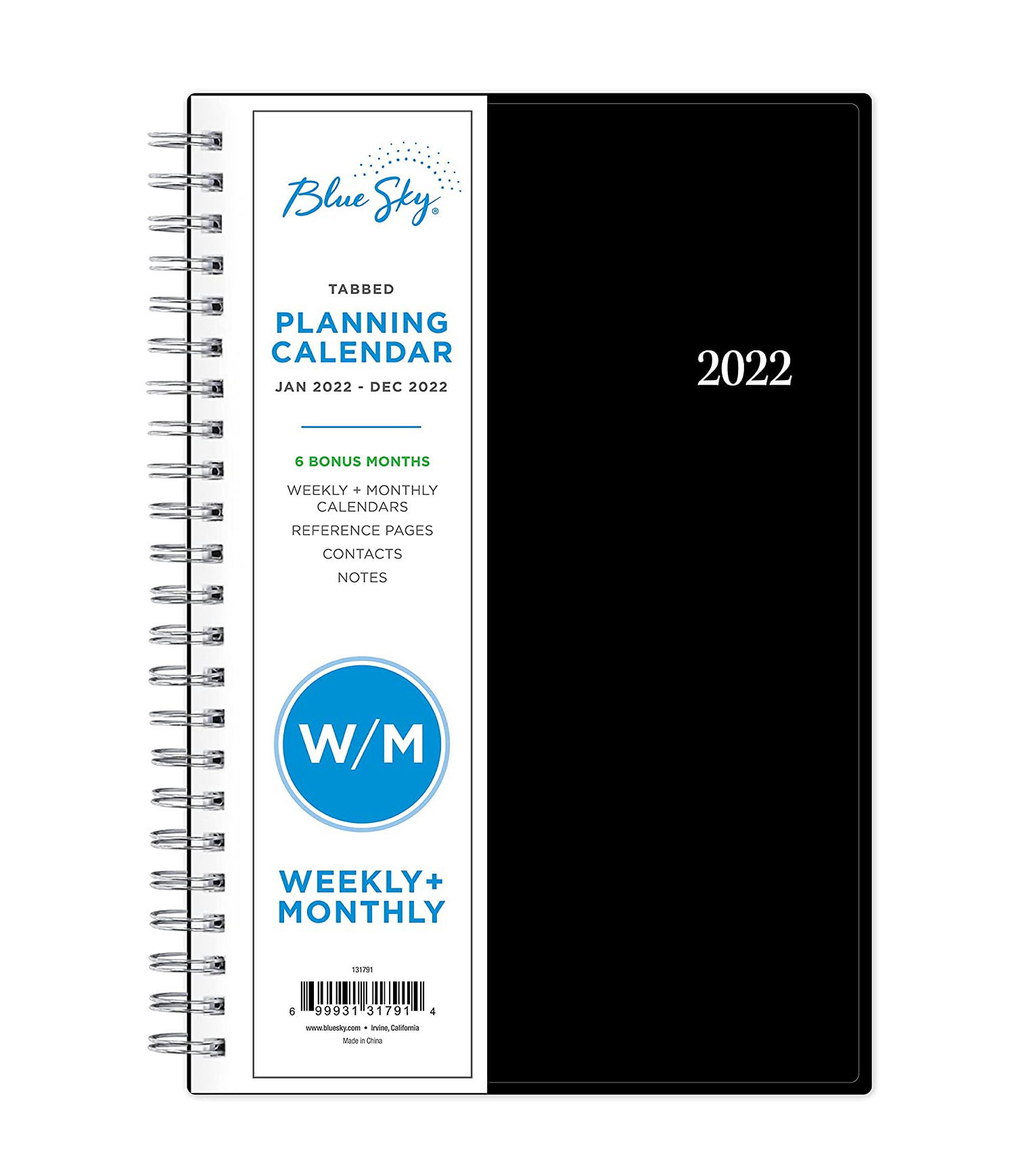
Think about how you can fit gratitude into your daily schedule. "Every day may seem like a lot, but really, once you find the time of day to make space for this practice, it becomes something you look forward to," Geftman says. "Whether you journal with your morning coffee or before you go to sleep, finding the right time that works best for you will be the best way to practice gratitude every day."
3. Make It a Ritual or Routine

"There are short gratitude exercises that one can do each day. (See here for my 3 Minute Mindfulness Exercise on Frame)," Levin says. "Set a reminder on your phone twice a day. Take a walk, if you are able to, and stop to smell the flowers or appreciate the buildings or architecture. If you can afford to, buy a friend or colleague a cup of coffee, or visit a sick friend. Those are ways to show gratitude."
4. Try a Starter Exercise

You can start off with something really easy, like listing one thing per day that you are grateful for, Michaelides suggests. "This will help you to get into the habit of noticing it and calling it out. These can be things that are tangible (e.g., your home), experiences, circumstances, or people in your life," he says.
Or Levin recommends starting your gratitude practice by waking up each morning and noting three things you're grateful for. "It can be small, like your partner changing out the roll of toilet paper or the fact that your dog didn't wake you with a wet nose before 6 a.m., or it can be big, like being grateful for a family member's good health or safety," she says. "Coming up with three things before opening your eyes each morning starts your day off with a positive tone. Then, as that practice becomes easy, start noticing things throughout the day that are good—someone holding the door open for you, a stranger's smile, a hot shower, a soft blanket, a good show on TV, a child winning their sports game or bringing home a good grade after studying hard for an exam. Gratitude and positivity can be contagious!"
5. Tell Someone You're Grateful

"Another task could be to make an effort of articulating gratitude to at least one person per day," Michaelides says. "Articulation could be anything from a statement to a hug."
5. Write It Out

"You can also practice gratitude by writing a letter to yourself or a loved one," Michaelides suggests. "The Journal of Happiness Studies reported that writing thank-you letters are even more powerful than lists and can result in increased happiness and life satisfaction while decreasing depression symptoms."
However you decided to start, just know it may take some time to get used to the practice. And you may need to tweak it and tailor it as time goes on. Do what feels good and helps you.
Next, 5 Techniques to Relieve Your Anxiety When It's High
This article is provided for informational purposes only and is not intended to be used in the place of advice of your physician or other medical professionals. You should always consult with your doctor or healthcare provider first with any health-related questions.
Sarah is lifestyle writer and editor with over 10 years of experience covering health and wellness, interior design, food, beauty, and tech. Born and raised in Los Angeles, she attended New York University and lived in New York for 12 years before returning to L.A. in 2019. In addition to her work atBest Knockoff Luxury Clothing , she held editor roles at Apartment Therapy, Real Simple, House Beautiful, Elle Decor, and The Bump (sister site of The Knot). She has a passion for health and wellness, but she especially loves writing about mental health. Her self-care routine consists of five things: a good workout, “me” time on the regular, an intriguing book/podcast/playlist to unwind after a long day, naps, and decorating her home.



